I love Germany and the Germans, and I’ve enjoyed having a German passport for a while. That being said, I’m a bit condescending in how I look at Germans celebrating New Year’s Eve.
In Germany, the new year begins traditionally with fireworks. Not big fireworks like on July 4th, but ones that every German buys in supermarkets a couple of days before New Year’s Eve.
Shortly before midnight, men and children leave the cozy nest of their home and venture in the cold outside in order to prepare the “Boller” or fireworks. Bottles of emptied sparkling wine offer halfway-solid support for these noisemakers, and at the stroke of midnight, fireworks start exploding everywhere. It’s loud, it’s smelly, it’s hilarious sometimes, and it can be dangerous.
Celebrating New Year’s Eve in Germany
Every year, emergency rooms fill up quickly after midnight. Victims are often men who underestimated the danger. According to the German Ophthalmologist Association, 800 persons suffered eye injuries during the past New Year’s Eve. Mild burns are the most common injuries, but broken bones and burst eardrums happen also. Deaths are uncommon but occur from time to time. Last year, two persons lost their lives in Brandenburg (Source: Stern)
It’s not wild everywhere, but my very first Silvester (that’s what Germans call New Year’s Eve) was scary. I spent it in Cologne and didn’t expect such frenzied activity on the streets. Not in Germany, the master of controlled moods and champion of insurance policy per capita! Fireworks went up so close to me that I feared that I would get one in the face or, worse, that my clothes would catch fire. My German boyfriend laughed at me heartily.
German needs an opportunity to loosen up
Of course, Germans like to party with friends and booze. The younger they (we) are, the wilder the parties get. However, it has always felt like each German needs a clear opportunity to loosen up.
The most famous German event is certainly Munich’s Oktoberfest, while many other regions have their own Volksfest or street festivals. In Wiesbaden and the surrounding region, wine festivals are cheerful events where locals drink white wine and fraternize with strangers at the same table.
New Year’s Eve is one of these events. It really feels as though Germans need an excuse to behave in a cooler way than usual.
Bright smiles? After a few drinks, check. Talking to strangers? Check. Hitting on a nice Fraulein? Check.
It’s a well-known fact that alcohol lowers inhibitions, and Germans are not immune to it!
A notable exception: the 2006 Soccer World Cup
There is a notable exception. In 2006, Germany hosted the Soccer World Cup. During the month of the competition, I experienced Germans in a way I never had before. On the subway, they smiled at strangers and tried their best English on tourists with soccer jerseys.
Grounds for this joy were certainly the results of the national team who made it to the semi-finals. Unfortunately, Italy stopped then their dream of a title. Still, Germany showed itself at its best. For five weeks, the weather was admirable, the streets as clean as usual, and the organization impeccable.
People didn’t need booze to be friendly. They were just happy and proud to show their nation at its best. I was too.
Photo credit:
– Fireworks top of the page: Flickr Creative Commons by Phil_K
– Fireworks middle: Flickr Creative Commons by Mathias Apitz
– Boller: Flickr Creative Commons by Mangtronix

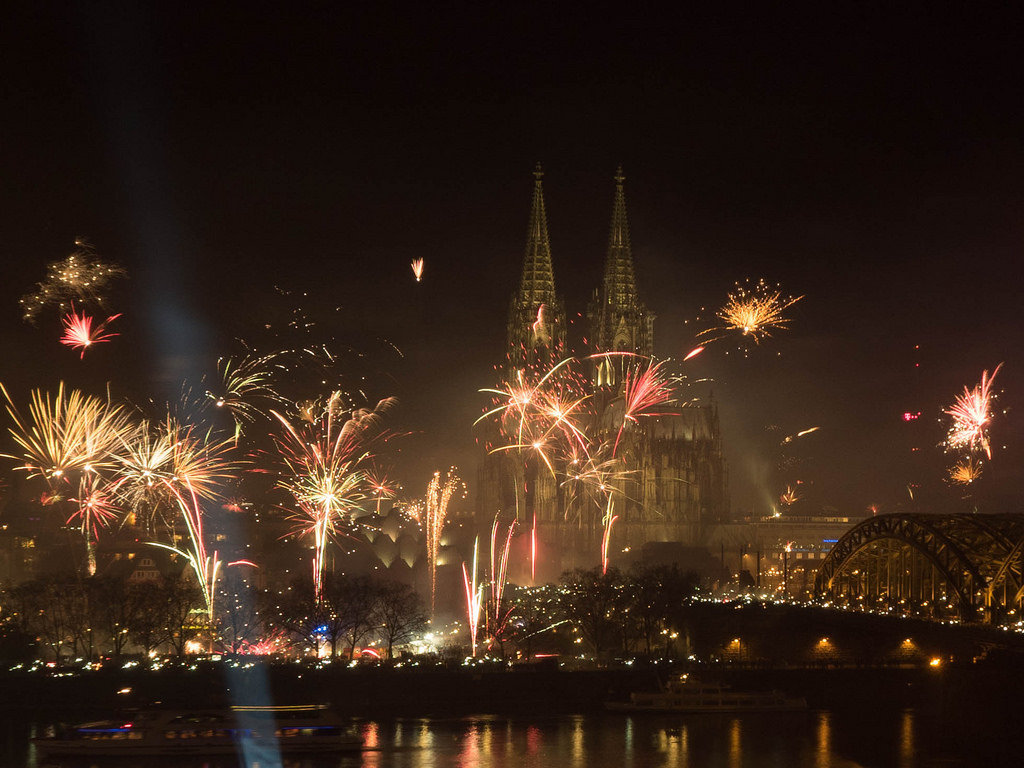
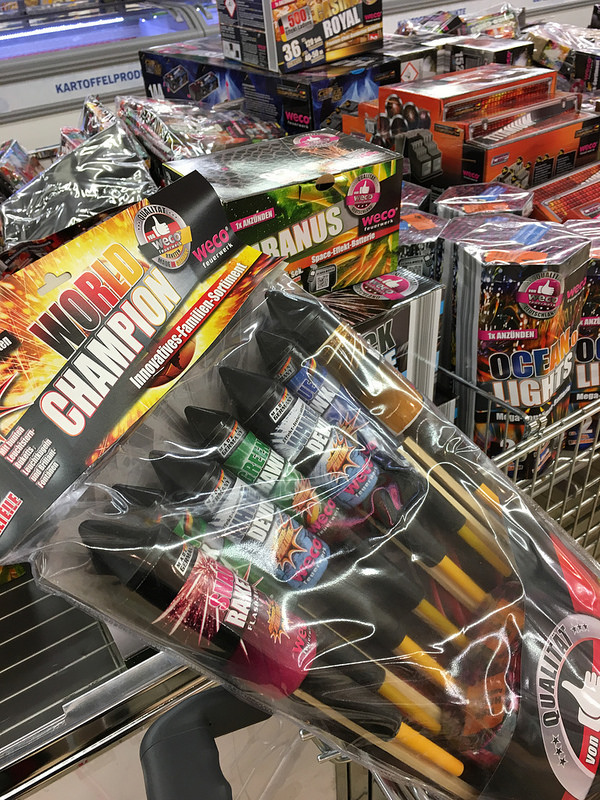
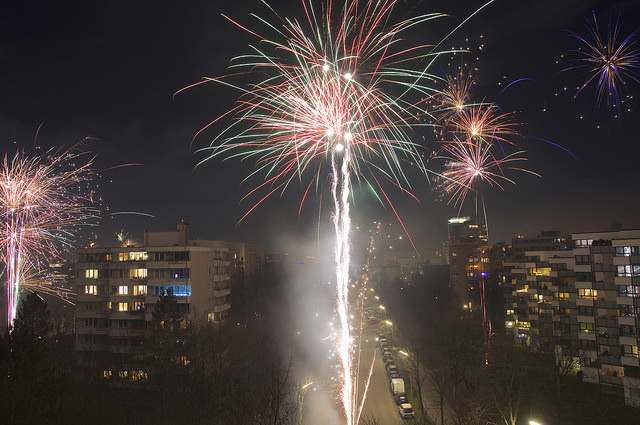
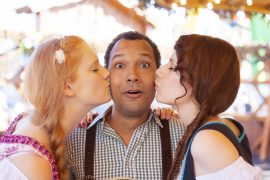
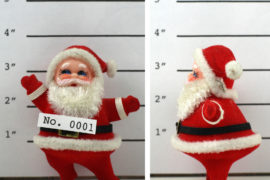

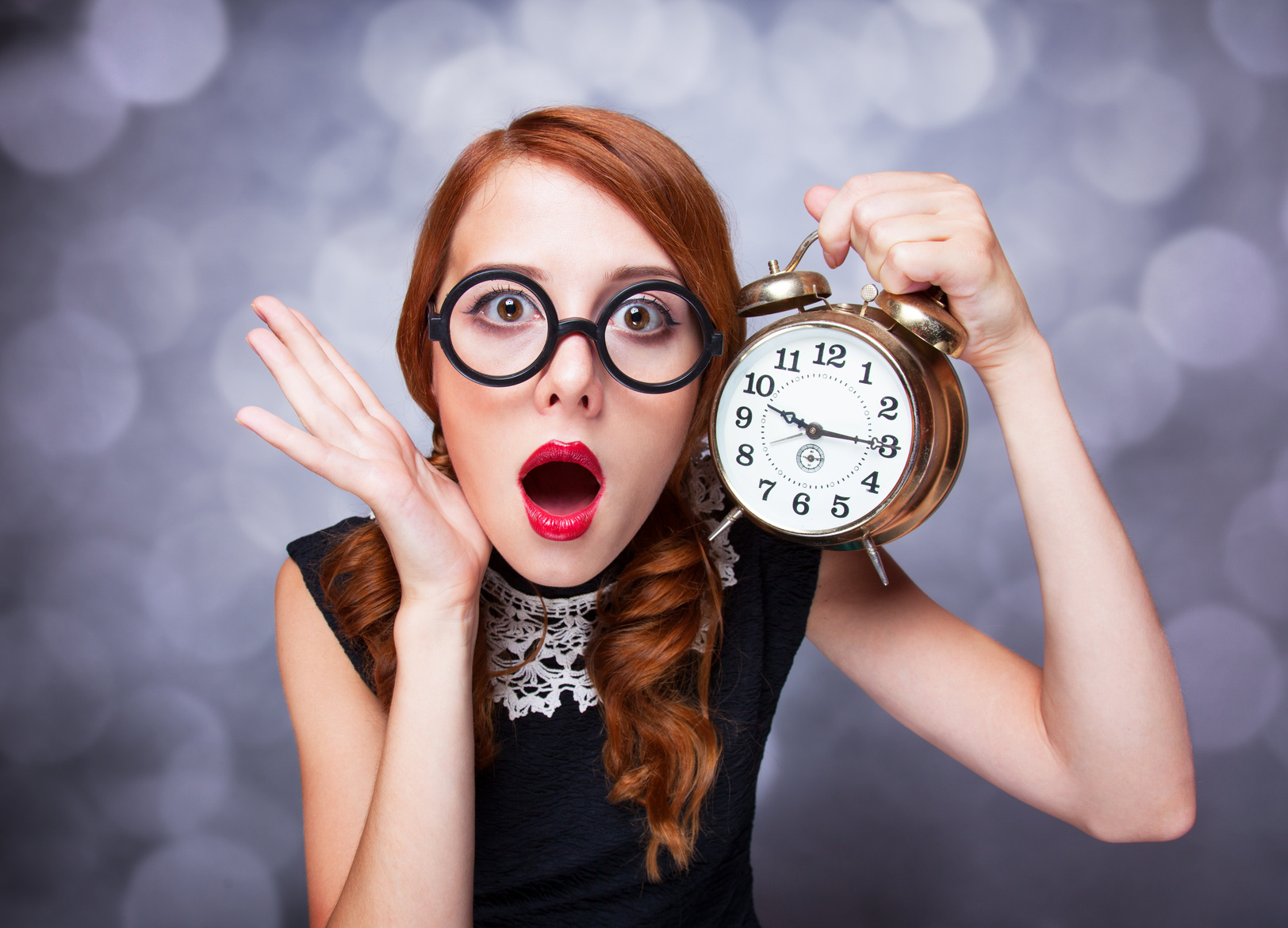
The history is actually quite complex. The Germanic tribes used to light fires and make lots of noise on New Year’s to ward away Odin’s (Wotan’s) army of demons. That’s how the tradition originally started.
Same story as the night before All Saints’ Day? As far I remember it was a Celtic fest where in the night from October 31 to November 1, people would gather at one place together, leaving food outside for the spirits and making a lot of noise in oder to discourage them to enter their place. Thank you for the info, I never questioned myself where it may come from.
Almost 20 years in a row now living in Germany and I still Don’t stick to it either… Fireworks for me have the same enchantment as the one American or French have during the national day celebrations…
20 years already? Congrats!